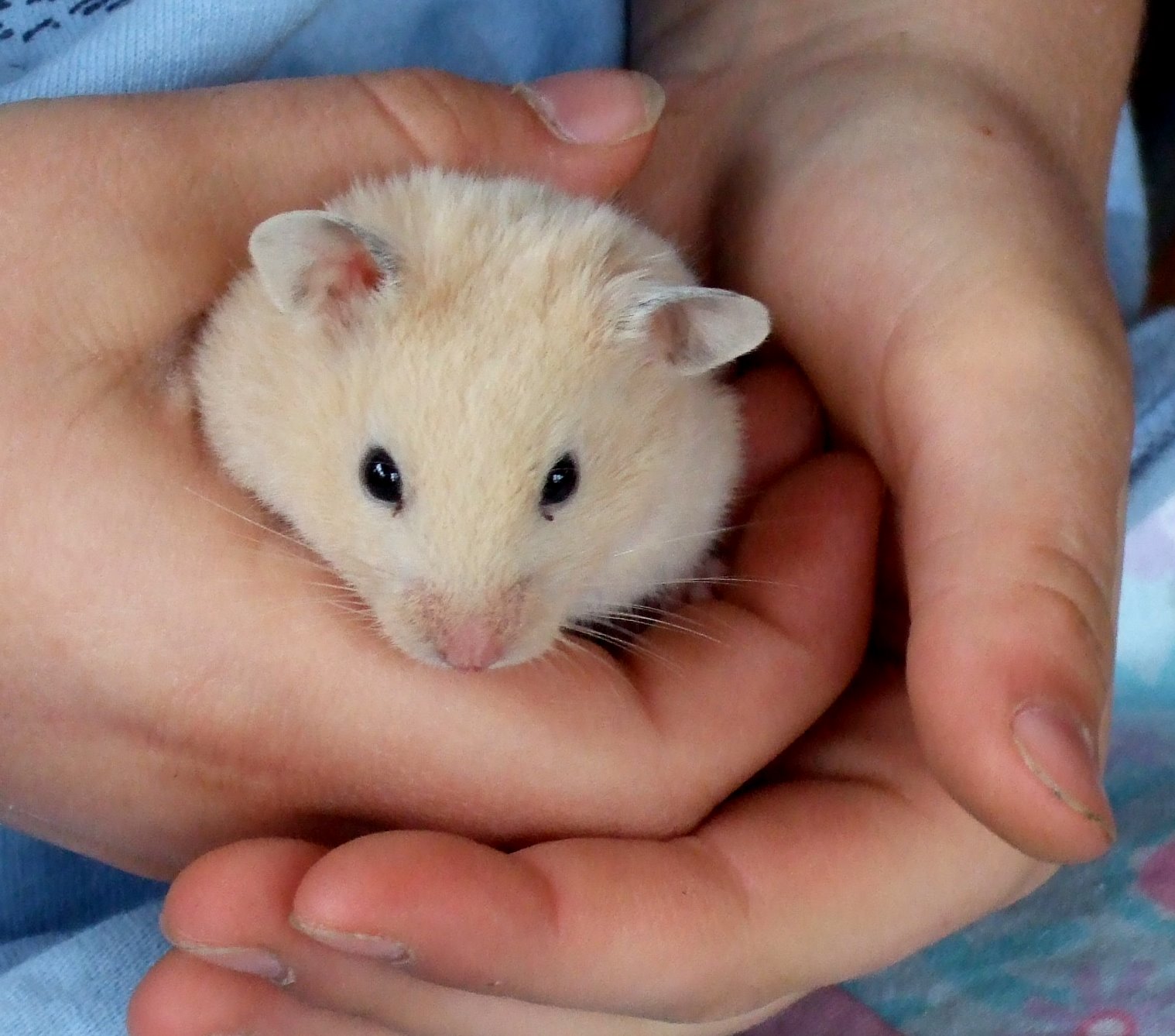Exploring The World Of X.Hamsters: A Comprehensive Guide
Hamsters, especially those referred to as X.Hamsters, have become increasingly popular as pets due to their playful nature and compact size. They are loved by children and adults alike for their adorable appearance and relatively low maintenance. Whether you're a beginner or an experienced pet owner, this guide will provide you with everything you need to know about X.Hamsters, including their care, behavior, and dietary requirements.
Hamsters, in general, are small rodents that belong to the Cricetidae family. X.Hamsters, a term often used in online communities, refer to specific breeds or hybrids that possess unique traits and characteristics. Understanding these unique features can help you decide whether an X.Hamster is the right pet for you.
This article delves into the world of X.Hamsters, covering various aspects such as their origin, care tips, health considerations, and more. By the end, you'll have a solid understanding of what makes X.Hamsters special and how to ensure they live happy and healthy lives.
Read also:Rainn Wilson Controversy Unveiling The Truth Behind The Headlines
Table of Contents
- The Origin of X.Hamsters
- Different Breeds of Hamsters
- Creating the Perfect Habitat
- Dietary Needs of X.Hamsters
- Health Considerations
- Understanding Hamster Behavior
- Essential Care Tips
- Socialization and Interaction
- Breeding X.Hamsters
- Conclusion and Final Thoughts
The Origin of X.Hamsters
X.Hamsters have a fascinating history that dates back to the early discoveries of hamsters in the wild. The Syrian hamster, also known as the golden hamster, was the first species to be domesticated in the 1930s. Since then, various breeds and hybrids have emerged, including those referred to as X.Hamsters.
Discovery and Domestication
Hamsters were originally discovered in the Middle East, with the Syrian hamster being found in Syria. Their ability to thrive in captivity made them ideal candidates for domestication. Over time, breeders have developed unique strains, leading to the emergence of X.Hamsters with distinct characteristics.
According to research published in the National Library of Medicine, hamsters have been studied extensively due to their adaptability and genetic diversity. This research has contributed to our understanding of their behavior and physiology.
Different Breeds of Hamsters
There are several breeds of hamsters, each with its own unique traits. X.Hamsters often refer to specific hybrids or mutations that exhibit distinctive features.
Common Breeds
- Syrian Hamster: Known for its golden coat and larger size.
- Dwarf Hamster: Includes species like the Roborovski and Campbell's dwarf hamster.
- X.Hamster Hybrids: These are crossbreeds that combine traits from different species.
Creating the Perfect Habitat
A well-designed habitat is crucial for the health and happiness of your X.Hamster. Here are some key factors to consider:
Essential Elements
- Bedding: Use soft, absorbent materials like aspen shavings or paper-based bedding.
- Cage Size: Ensure the cage is spacious enough to accommodate running wheels, tunnels, and nesting areas.
- Temperature: Maintain a consistent temperature between 65°F and 75°F (18°C to 24°C).
Dietary Needs of X.Hamsters
Feeding your X.Hamster a balanced diet is essential for their overall health. Here's what you need to know:
Read also:Can You Use Food Stamps At Gas Stations A Complete Guide
Nutritional Requirements
X.Hamsters require a diet rich in protein, fiber, and healthy fats. A mix of commercial hamster food and fresh vegetables can provide the necessary nutrients. Avoid feeding them sugary or salty treats, as these can lead to health issues.
According to the ASPCA, certain foods like chocolate and onions are toxic to hamsters and should be avoided at all costs.
Health Considerations
Keeping your X.Hamster healthy involves regular check-ups and awareness of common health issues.
Common Health Problems
- Wet Tail: A bacterial infection that causes diarrhea and dehydration.
- Dental Issues: Overgrown teeth can lead to eating difficulties.
- Parasites: Regular cleaning of the habitat can prevent infestations.
Understanding Hamster Behavior
X.Hamsters exhibit a variety of behaviors that can help you gauge their mood and well-being.
Key Behaviors
- Hoarding Food: A natural instinct that ensures they have enough food stored.
- Running on Wheels: Provides exercise and mental stimulation.
- Aggression: Can occur if they feel threatened or stressed.
Essential Care Tips
Proper care is vital for the longevity and happiness of your X.Hamster. Here are some tips:
Daily Care Routine
- Provide fresh water daily.
- Check for any signs of illness or discomfort.
- Interact with your hamster to build trust and strengthen the bond.
Socialization and Interaction
While X.Hamsters are generally solitary animals, they can benefit from gentle interaction with their owners.
Building Trust
Start by allowing your hamster to get used to your presence. Gradually introduce handling sessions, ensuring you support their body properly to avoid injury.
Breeding X.Hamsters
If you're considering breeding X.Hamsters, it's important to understand the responsibilities involved.
Important Considerations
- Ensure the parents are healthy and genetically compatible.
- Provide a safe and comfortable environment for the mother and her litter.
- Seek advice from experienced breeders or veterinarians.
Conclusion and Final Thoughts
X.Hamsters are delightful pets that bring joy and companionship to their owners. By understanding their needs and providing proper care, you can ensure they live long and fulfilling lives. Remember to create a suitable habitat, feed them a balanced diet, and monitor their health regularly.
We encourage you to share your experiences with X.Hamsters in the comments section below. Your feedback and insights can help fellow pet owners make informed decisions. Additionally, explore other articles on our site for more pet care tips and advice.
Article Recommendations


